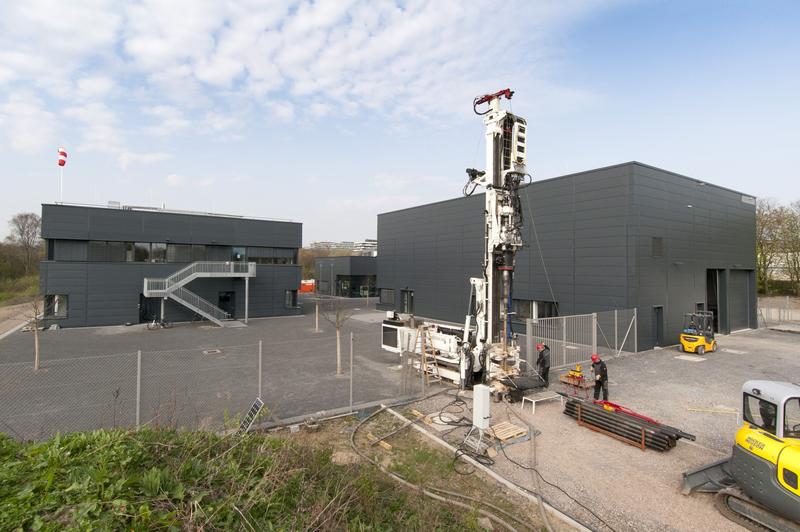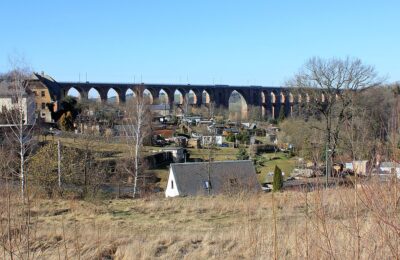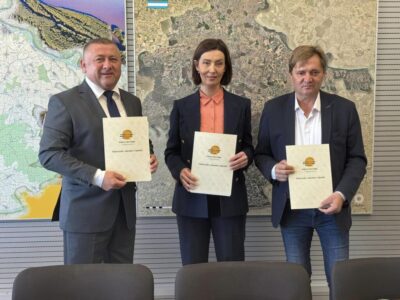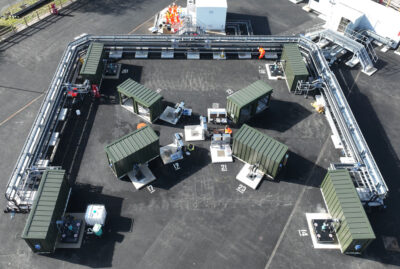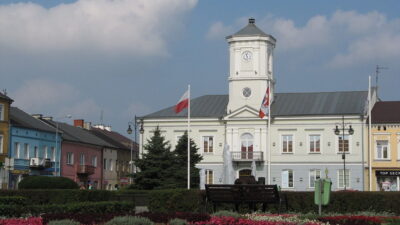EU-funded GeoDrill project to develop novel drilling technologies for deep geothermal
The European Union's Horizon 2020 research and innovation programme funded GeoDrill research project, aims to enhance the growth of geothermal energy by enabling exploitation of deep geothermal resources through development of novel drilling technologies.
The Geo-Drill project funded under the European Union’s Horizon 2020 research and innovation programme, aims to enhance the growth of geothermal energy by enabling exploitation of deep geothermal resources through development of novel drilling technologies.
Geo-Drill prototypes: Testing and validation in real working system
Geo-Drill prototypes will be subjected to full scale testing by drilling multiple holes with partner GZB‘s drill rig at their drill site in Bochum – i.BOGS (in-situ Borehole and Geouid Simulator) and full testing with industrial drill rig at GZB.
i.BOGS
A fundamental problem of technological applications related to the exploration and provision of geothermal energy is the inaccessibility of subsurface processes. As a result, actual reservoir properties can only be determined using (a) indirect measurement techniques such as seismic surveys, machine feedback and geophysical borehole logging, (b) laboratory experiments capable of simulating in-situ properties, but failing to preserve temporal and spatial scales, or vice versa, and (c) numerical simulations. Moreover, technological applications related to the drilling process, the completion and cementation of a wellbore or the stimulation and exploitation of the reservoir are exposed to high pressure and temperature conditions as well as corrosive environments resulting from both, rock formation and geouid characteristics. The in-situ Borehole and Geouid Simulator (i.BOGS) allows to simulate quasi scale-preserving processes at reservoir conditions up to depths of 5000 m and represents a large scale pressure vessel for iso-/hydrostatic and pore pressures up to 125 MPa and temperatures from –10°C to 180°C. The autoclave can either be filled with large rock core samples (25 cm in diameter, up to 3 m length) or with fluids and technical borehole devices (e.g. pumps, sensors). The pressure vessel is equipped with an ultrasound system for active transmission and passive recording of acoustic emissions, and can be complemented by additional sensors. Tests at i.BOGS will validate the system at high tempertures and large depths.
In-situ test site at the International Geothermal Centre Bochum
The in-situ test site at the International Geothermal Centre (GZB) is located on the campus of the Bochum University of Applied Sciences. The area represents a 10.000 m² drill site with existing research, observation and production wells and allows further drill tests and drilling down to depths of 5.000 m – also in conjunction with the approved authorized 50 km² mining area “Future Energies” and the GZB’s own mobile dual drive drilling rig Bo.Rex capable of drilling up to depths of 1000 m. The site allows validation of the whole Geo-Drill system, including drill monitor in terms of rate of penetration (ROP), cuttings transport performance (CTP) and drilling uid consumption. The protyping and testing of the Geo-Drill system in the two scenarios as mentioned above will provide a broad and robust test of the eectiveness of the developed solutions, both in research and commercial operation settings, feeding into Geo-Drill’s knowledge base for design and operations.
Source: GeoDrill project
